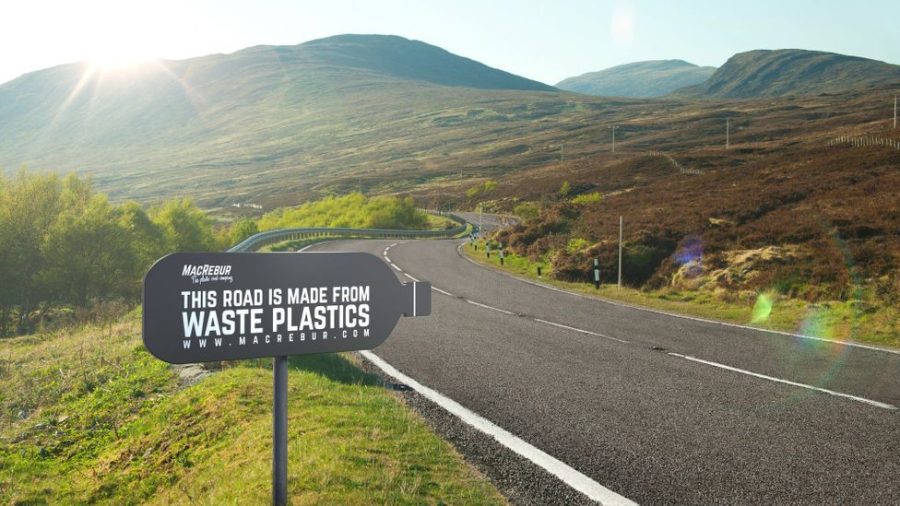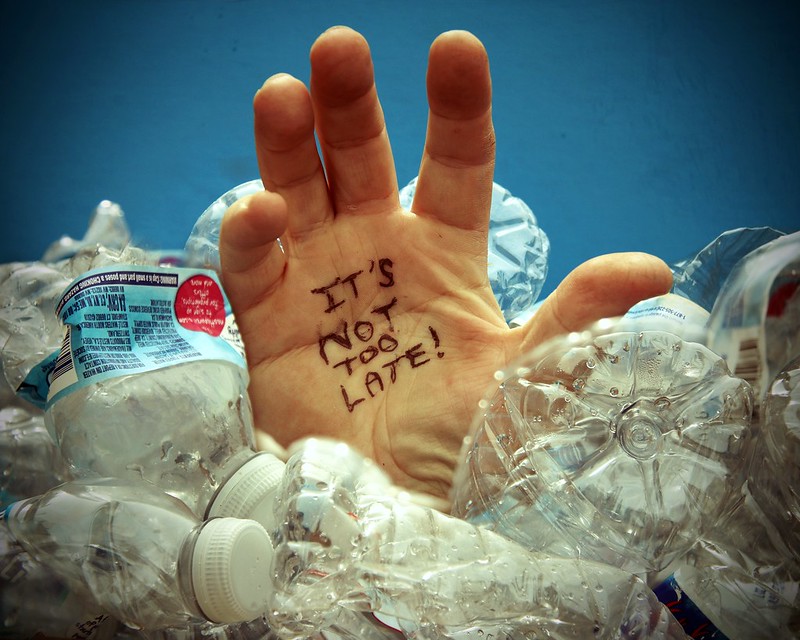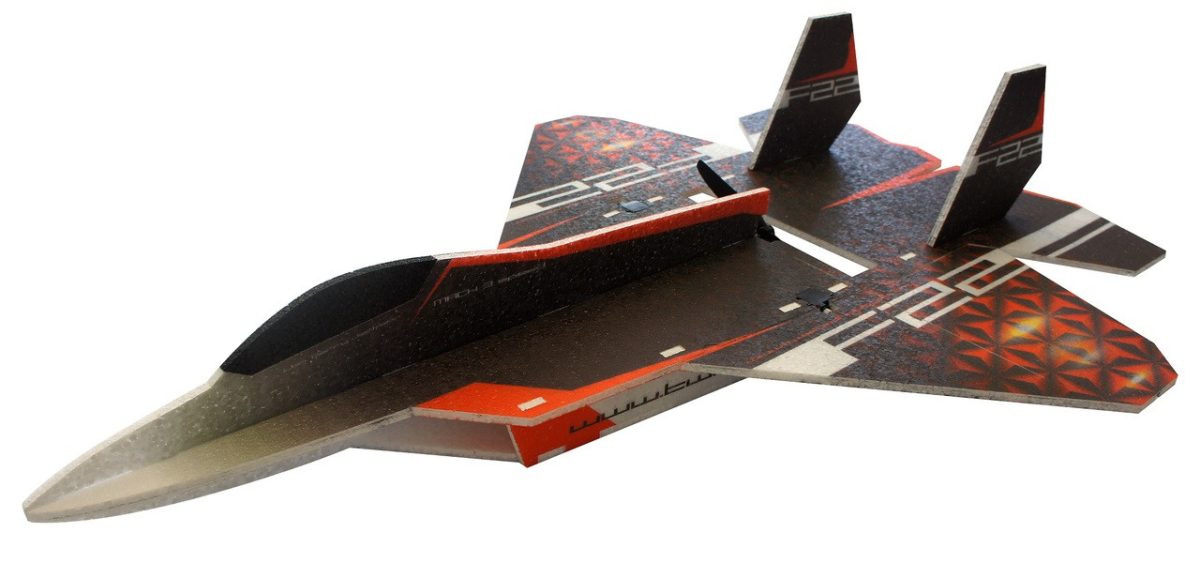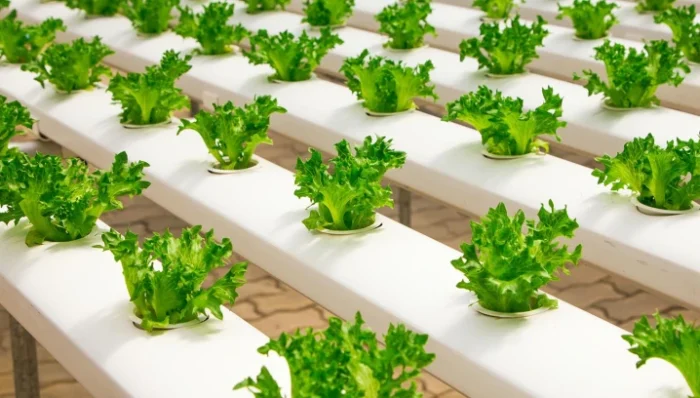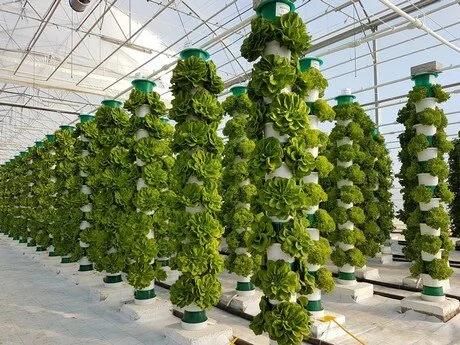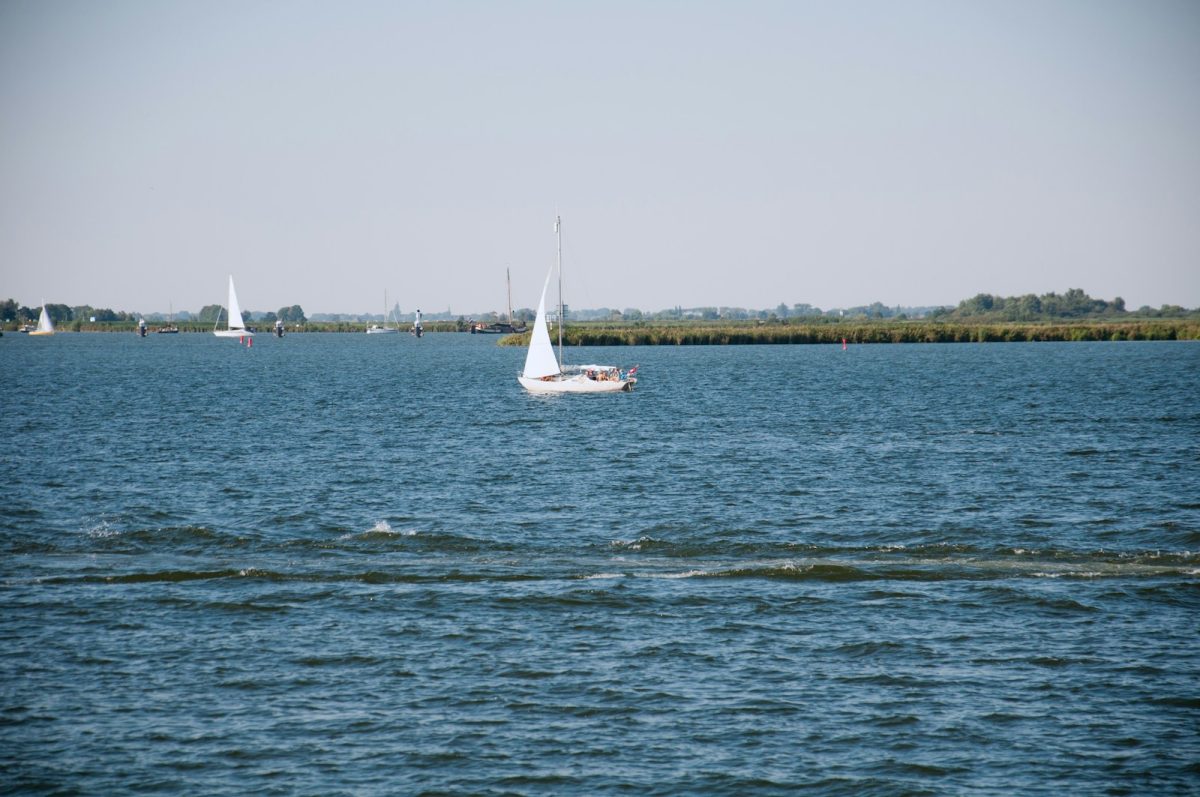The Plastic Roads In India
Plastic composite roads have better wear resistance than standard asphalt concrete roads.
The plastic roads were invented in 2001 by scientist, Dr. Rajagopalan Vasudevan, a chemistry professor in India. He has since, convinced officials to pave 9,900 miles of road with plastic waste.
Plastic roads are making an impact on how plastic waste is affecting the environment. Every year, 3.1 million tons of plastic is thrown away, and all that can be changed with plastic roads. This is how the idea of incorporating plastic waste into paved roads.
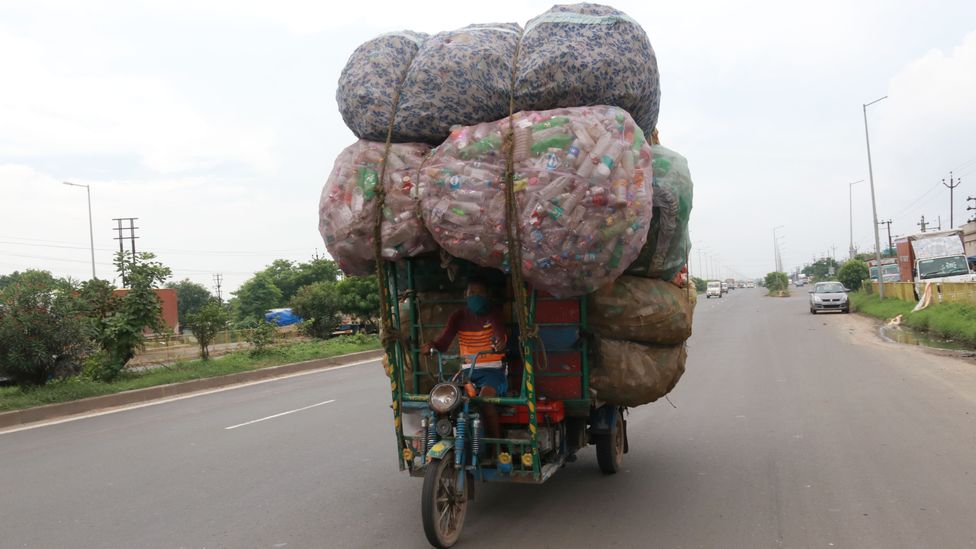
The general idea of plastic roads is that, plastic is melted and mixed with other materials to create road asphalt that is then placed across roads. Research states, that plastic roads increases stability, strength, and life. When mixed, depending on the materials, some can have an even greater affect on the road. These roads are still young, so their long term durability remains to be seen.
Many different types of plastic can be added to the mixture including plastics like carrier bags, plastic disposable cups, polyethylene and polypropylene foams, and these materials have all made it into India’s roads. By scientific calculations, it is said that paving roads with plastic also saves over 3 tons of carbon dioxide for every kilometer.
With India home to one of the world’s largest road networks, growing at a rate of 10,000 kilometers of road a year, the potential of plastic roads are considerable. But based on evidence, plastic roads are the obvious choice for the future.
RELATED STORIES:
https://www.bbc.com/future/article/20210302-could-plastic-roads-make-for-a-smoother-ride
TAKE ACTION:
